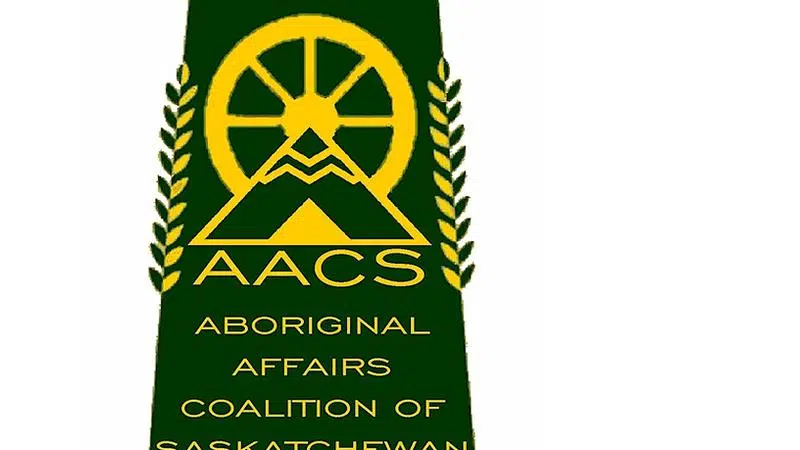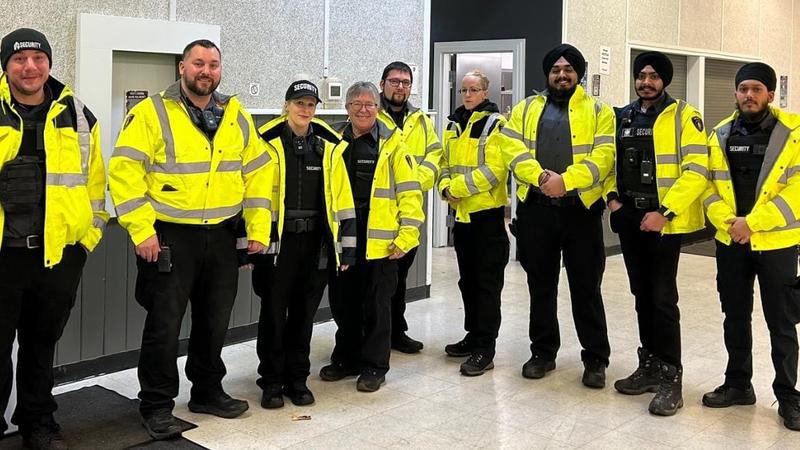
Outreach and Engagement Session on Urban Aboriginal Governance
John Hanikenne, President of the Coalition of Aboriginal Peoples of Saskatchewan Launches Outreach and Engagement Sessions on Urban Aboriginal Governance
The Coalition of Aboriginal Peoples of Saskatchewan (CAPS) has received funding from the Congress of Aboriginal Peoples to launch a series of engagement and outreach sessions focused on governance and membership.
The ultimate goal of our work is to achieve representative, responsible and effective urban Aboriginal governance throughout Saskatchewan.
This is a welcome initiative since the field of governance and policy in regard to Aboriginal self-government is limited, complex and demanding.


